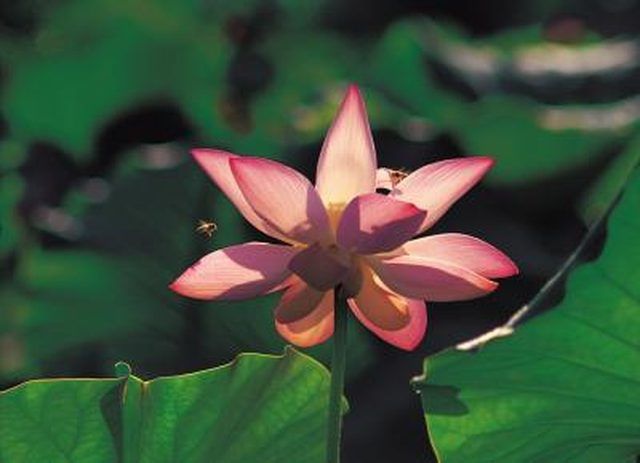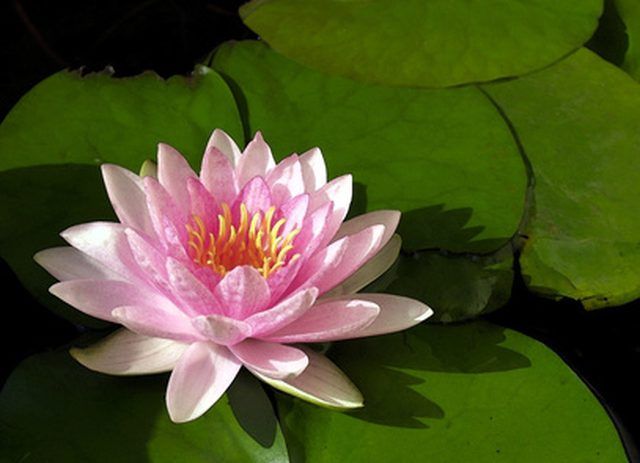Bulbs
Flower Basics
Flower Beds & Specialty Gardens
Flower Garden
Garden Furniture
Garden Gnomes
Garden Seeds
Garden Sheds
Garden Statues
Garden Tools & Supplies
Gardening Basics
Green & Organic
Groundcovers & Vines
Growing Annuals
Growing Basil
Growing Beans
Growing Berries
Growing Blueberries
Growing Cactus
Growing Corn
Growing Cotton
Growing Edibles
Growing Flowers
Growing Garlic
Growing Grapes
Growing Grass
Growing Herbs
Growing Jasmine
Growing Mint
Growing Mushrooms
Orchids
Growing Peanuts
Growing Perennials
Growing Plants
Growing Rosemary
Growing Roses
Growing Strawberries
Growing Sunflowers
Growing Thyme
Growing Tomatoes
Growing Tulips
Growing Vegetables
Herb Basics
Herb Garden
Indoor Growing
Landscaping Basics
Landscaping Patios
Landscaping Plants
Landscaping Shrubs
Landscaping Trees
Landscaping Walks & Pathways
Lawn Basics
Lawn Maintenance
Lawn Mowers
Lawn Ornaments
Lawn Planting
Lawn Tools
Outdoor Growing
Overall Landscape Planning
Pests, Weeds & Problems
Plant Basics
Rock Garden
Rose Garden
Shrubs
Soil
Specialty Gardens
Trees
Vegetable Garden
Yard Maintenance
Differences Between Lotus & Water Lilies
Differences Between Lotus & Water Lilies. The lotus and water lilies are sometimes thought to be the same plant. While they are both aquatic plants from the same family, Nymphaeaceae, certain features differentiate them from one another.

The lotus and water lilies are sometimes thought to be the same plant. While they are both aquatic plants from the same family, Nymphaeaceae, certain features differentiate them from one another.
Flowers and Seeds
The lotus plant, also called the sacred lotus, has long stems and disc-shaped leaves that grow up to 35 inches wide. The rose- or white-colored flowers are large with many petals. Round or oval seeds are produced in central large pods by this plant; according to the "American Journal of Botany,' they are considered to be the oldest demonstrably viable seeds in the world. Seeds found in China that were tested using carbon dating and found to be as old as 1,288 years old, give or take 200 years, were successfully germinated and are still growing, since March,1994. The water lily produces large white, sometimes pink flowers, with many petals and yellow centers with large, round, green leaves. The plant produces fruit capsules full of seeds that are produced after the flowers are spent.

Habitats and Growth
The lotus is a perennial water plant that grows in shallow ponds and swamps with stems securely rooted in mud and sometimes raises the leaves and always raises the flowers above water. Water lilies are perennial water plants that grow in muddy waters such as ponds and slow streams up to 7 feet deep. The lily's roots are implanted in the mud and the leaves and flowers rest on the surface of the water.
Native Regions
Lotus are indigenous to southern Asia and Australia. Early remains of water lilies from pre-Ice Age Europe have been found. Fragrant water lilies grow in eastern regions of North America including Canada. They are native to the Amazon region as well. Water lilies are also referenced in pictures from ancient Egypt and China.